OWN Podcasts










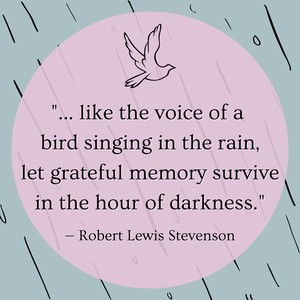



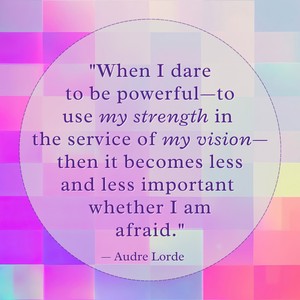



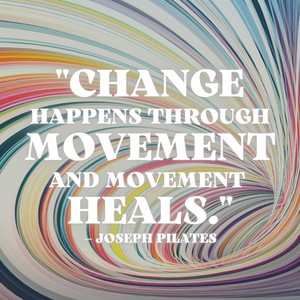
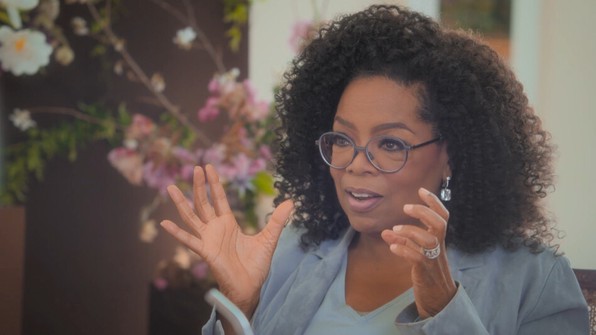


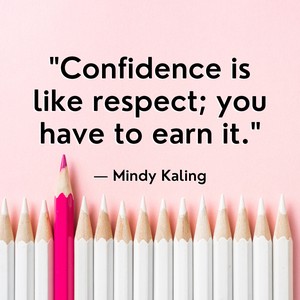

Secret Intentions

Captive

Tragedy on TV

It Could Have Been Me

Eyes Like Daddy

New Mexico Desert Killings

Money Pit

Handyman Husband

Extended Family

How to Get Away With Murder

What Happened to Jackie: The UVA Rape Story

The Last One to See Them

Offline and Off the Rails

2's Company, 3's a Throuple

Defensive Lie Backer

Season 3 Reunion: Part 2

The Bitter Truth

Season 3 Reunion: Part 1

What The Doctor Ordered

A Dangerous Intersection

Mystery in the Mansion



OWN Your Health
A safe space for Black women to explore their health and take proactive approaches to their wellness.

Love & Marriage: Huntsville
Three high-powered African-American couples mix business with pleasure when they come together to revitalize the thriving city of Huntsville, Alabama.

Newsletters
Stay in the know! Sign up for any of OWN's free e-mail newsletters today.